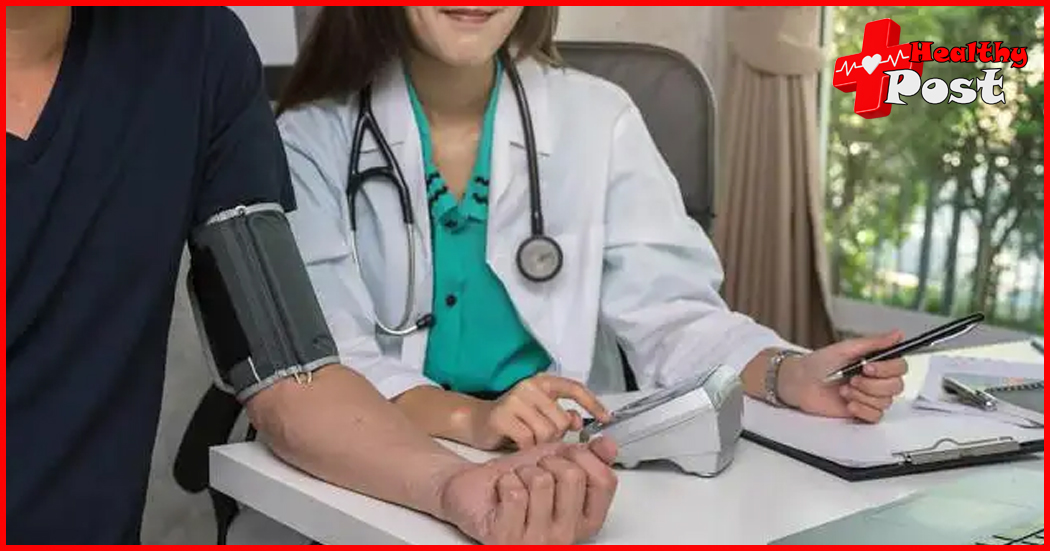
What are the treatments for high blood pressure?
I found a very worrying phenomenon, that is, many people don’t understand the treatment of high blood pressure at all. If you don’t believe me, take a look at my survey: I asked many patients with high blood pressure in outpatient clinics how to control their blood pressure? More than 90% of people answered “take medicine”. Very few know other methods. If you have high blood pressure, how do you think it should be treated?
We have repeatedly emphasized that high blood pressure is actually a “lifestyle disease”, high blood pressure is almost an “incurable disease”, and high blood pressure is the most harmful disease.
Since it is a lifestyle disease, the root cause of hypertension must be found. Apart from the increase in blood pressure caused by age factors and genetic factors, strict improvement of lifestyle is the most fundamental measure in the treatment of hypertension, and is as important as the use of drugs.
Hypertension management guidelines require:
Be sure to reduce your salt intake. How much salt do you eat every day? According to normal diet, it is about 13 grams. People in the north eat more than those in the south. The guidelines require that the intake of salt should be less than 5 grams, including the hidden salt in soy sauce, MSG, oyster sauce, pickles, etc. you eat. If I give you a reference, you can find a beer bottle cap and remove the rubber pad inside. A flat bottle cap will be the amount of salt you should eat in a day.

You must quit smoking and limit alcohol consumption. It has long been a consensus that smoking has no benefits, and drinking alcohol is actually not good for the heart. The guidelines require that the daily alcohol intake should not exceed 25 grams. Converted beer does not exceed 750 ml, wine does not exceed 250 ml, and liquor does not exceed 50 grams. Women have even fewer.
Be sure to keep exercising. Maintain at least 30 minutes of aerobic exercise every day, preferably at moderate intensity, and more than 150 minutes a week.

Stress and anxiety
You must be calm. Stress and anxiety not only make it difficult to control blood pressure, but also increase the incidence of coronary heart disease and other diseases.
Since high blood pressure is almost incurable, long-term medication is inevitable. It is recommended to take antihypertensive drugs regularly to keep blood pressure at target for a long time. This is the most critical link in preventing cardiovascular and cerebrovascular complications.
What does it mean to meet the standard? The guidelines require that no matter how old you are, the most basic requirement should be lowered to 140/90mmHg, the ideal blood pressure should be below 130/80mmHg, and the blood pressure should be within the required range for at least 9 months a year. If it exceeds the standard value for more than half a month, it is recommended to see your specialist to find out the cause and adjust the treatment plan.
There are currently 6 categories of commonly used drugs for the treatment of hypertension. When using them, you must be aware of the side effects of the drugs and pay attention to avoiding risks.
Commonly used ones are:
1. Calcium channel blockers, also known as “diping antihypertensive drugs”, as long as they are followed by the word “diping”, they all fall into this category. It has a strong antihypertensive effect, but the side effects are also obvious. Common side effects include palpitation, fast heartbeat, flushing, swollen legs, gum hyperplasia, constipation, etc.
2. Diuretics, commonly used include hydrochlorothiazide, spironolactone, indapamide, etc. The biggest side effects are hyperkalemia or hypokalemia, and elevated uric acid causing gout. In the past two days, I saw two patients in the outpatient clinic who had taken indapamide, which caused severe hypokalemia. The blood potassium was only 2.7mmol/L, which is life-threatening and requires great attention.
3. Lorol antihypertensive drugs, as long as they are labeled with “Lol”, are of this type, such as metoprolol, bisoprolol, arollol, etc., which lower blood pressure and have a protective effect on the heart, but can cause Bradycardia, conduction block, induced asthma, etc. are generally not used alone for antihypertensive treatment.
4. Prilim antihypertensive drugs, such as enalapril, benazepril, fosinapril, etc., although they can protect heart and kidney function, their biggest side effects can cause dry cough, which limits the use of these drugs.
5. Sartan antihypertensive drugs, such as common losartan, valsartan, irbesartan, etc., also have good cardio-renal protective effects, no side effects of coughing, relatively mild and long-lasting antihypertensive drugs, and are currently used in many clinical applications. of antihypertensive drugs.

Antihypertensive drug
6. Angiotensin receptor neprilysin inhibitor. This is the latest antihypertensive drug. The representative drug is sacubitril and valsartan sodium. In addition to lowering blood pressure, it can also protect heart and kidney function well. For patients with high blood pressure, It is the best choice for patients with high blood pressure and heart failure.
Of course, there are also some less commonly use antihypertensive drugs, which need to be select according to the different characteristics of the patient to achieve the best therapeutic effect.
To sum up, any treatment of high blood pressure is a “system engineering”. Hypertension should be regard as a syndrome caused by multiple factors. It requires comprehensive adjustment and long-term persistence to control blood pressure and reduce the risk of various complications. Appear.


One thought on “What are the treatments for high blood pressure?”